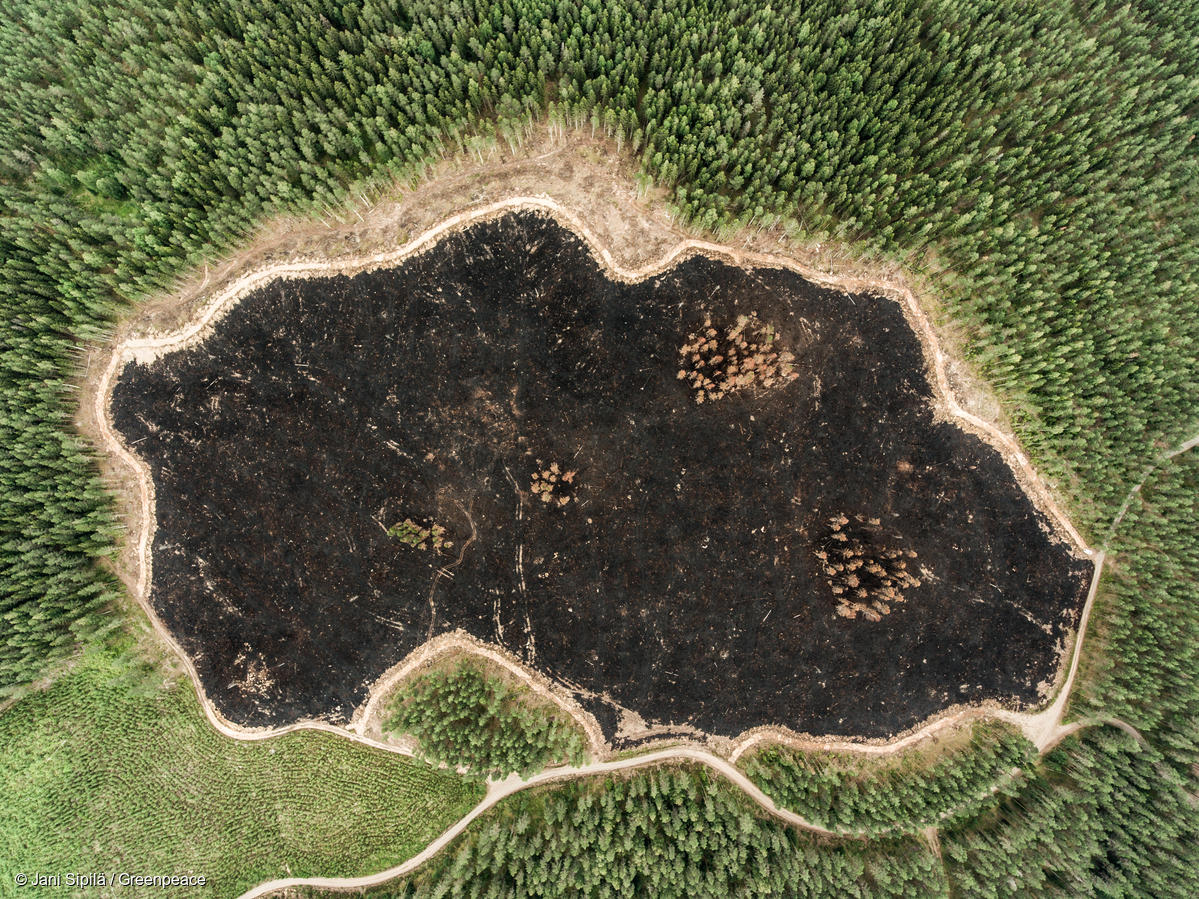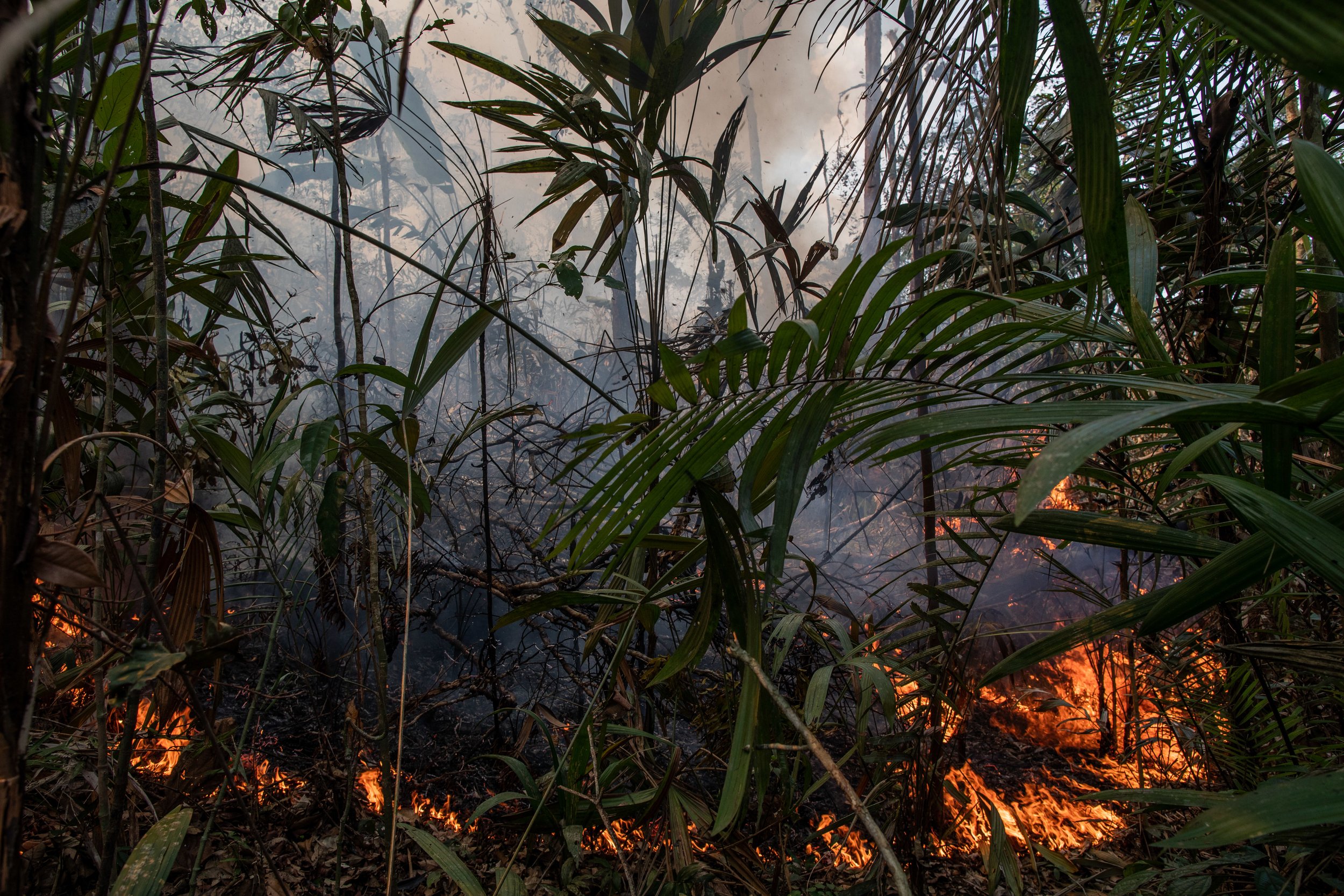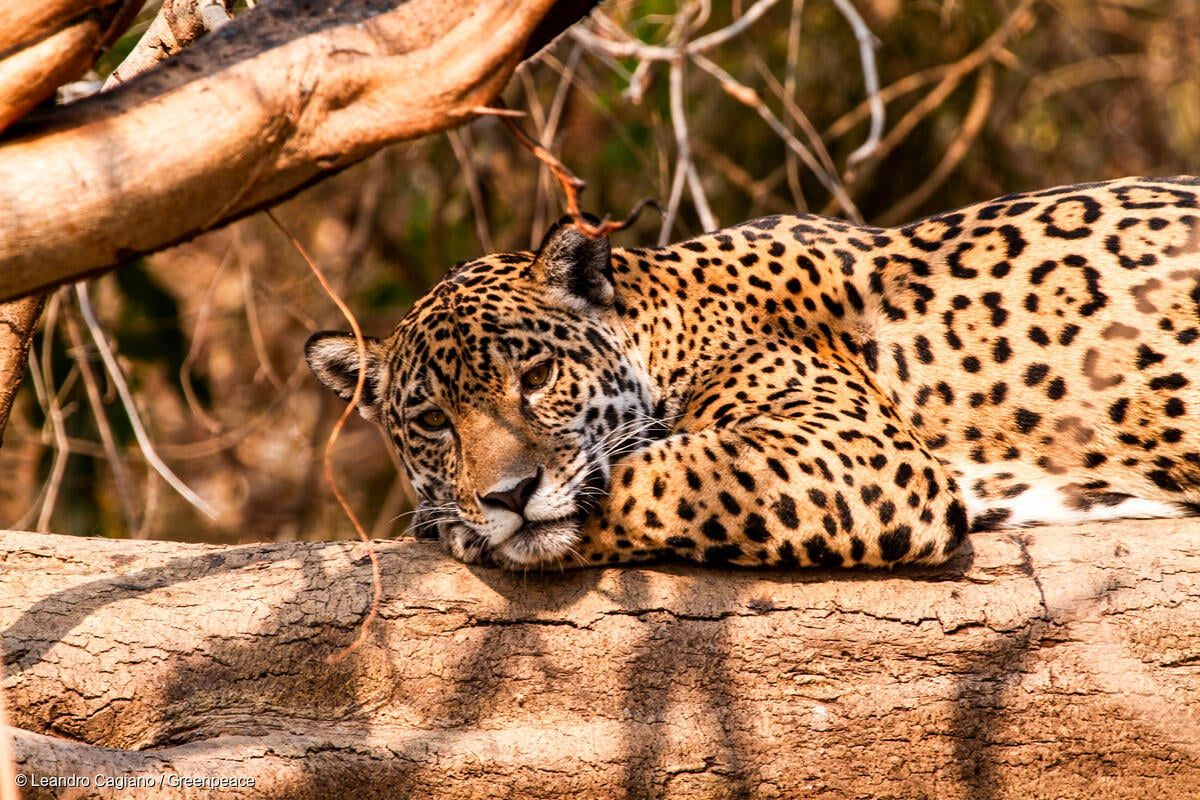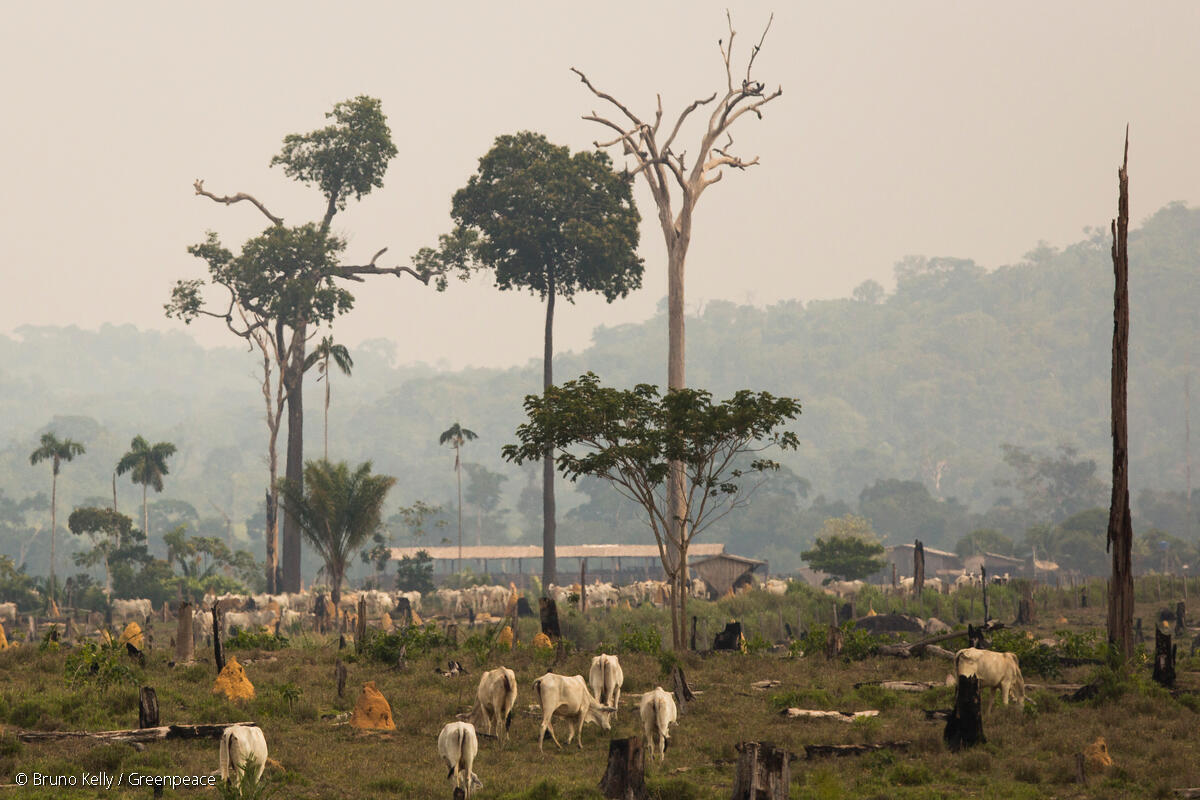Untapped potential for nature conservation and climate change mitigation

Forests are hotspots of biodiversity, home to countless animal and plant species. Worldwide, forests absorb and store several billion tonnes of CO2 every year, which makes them essential for a stable
climate. They store and transport vast quantities of fresh water, protect coasts from flooding and prevent soil erosion and desertification.
The forests of the EU are important contributors to all of this. But large parts of these forests are being damaged and destroyed. One major reason for this is intensive forestry: by logging the vast
majority of timber growth, the forestry sector is weakening these sensitive ecosystems and not allowing them to recover. Planted forests with few, usually fast-growing, tree species and even-aged
trees, are displacing diverse and ecologically valuable natural forests. On top of this, droughts, storms, heatwaves, fires and other extreme weather events driven by the climate crisis are
putting the EU’s forests at additional risk.
Greenpeace Germany commissioned a study about the future of forests in the European Union by Naturwald Akademie, financed by the German Greenpeace Foundation (Greenpeace Umweltstiftung).



